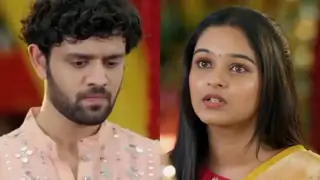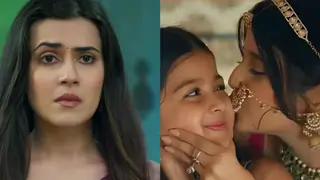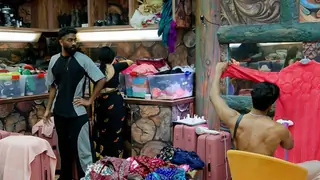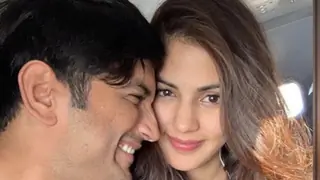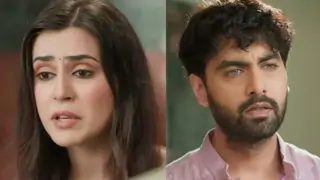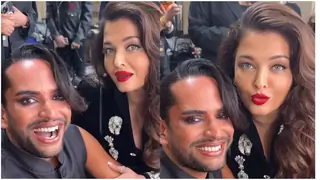@Genie
- The USA has cited explanations why this was not Devyani Khobragade's crime was not exempt under Vienna convention. I think an international court will have to decide whose claim is true, whose is not.
- The principle of USA law is fairness. I agree that it is not always implemented impartially. However, can you explain the motive and rationale behind singling out an Indian diplomat and treating her unfairly?
- I know there are exceptions from the minimum wages. If so then Ms. Khobragade should have applied for an exemption, not defrauded the visa papers. Also I don't think the allowed exemptions are as low as $2.21. Exemptions would also vary by location.
- Ms. Khobragade is getting the average wage. At $4400.00/mo is making a similar wage to US FSO at her level, a wee bit higher actually.
- The officers were given orders for arrest. They followed protocol. They didn't intend to unfairly be harsh on Khobograde. It was standard first response. However, no one is denying citing friendly relationships beyond first response. You can always negotiate that to get the officer released to Indian custody/deported, be exempted from trial in USA etc or even waive the charges if feasible. But don't act like a petulant child over first response when no discrimination or harm was intended.
- Yes. Under IPC 377 India has complete rights to arrest diplomats and foreign visitors who are gay. However, considering that IPC 377 has just been reinstated they should give notice to the embassies to allow time for change in staff. Also it should be across the board for all nations who allow gay marriages or domestic partnership. Because again I reiterate, this was not an action against "India" but action against a criminal "individual" .
- I'm not saying diplomacy should be one sided. All I said was USA has a policy for unconditional backing of diplomats and citizens. USA even tried to get Amanda Knox out. Other countries don't have that policy. I don't agree that criminals should be abetted. But that is a discrepancy of choice, not discrepancy of diplomatic reciprocity.
- Never said USA justice system was flawless. I said it was pretentious and cocky of US to think so. Casey Anthony, George Zimmerman are more examples. I was just stating that it is a US belief. Which is not completely unsubstantiated. There are countries where most countries would find the justice systems objectionable.
- See first point about Vienna convention.
- I'm not suggesting standardizing diplomacy. I suggested standardizing first response.
- India has every right to fight tooth and nail for its diplomats. Firstly, India doesn't have a set policy on who and how it will back. It backs people arbitrarily. Secondly, negotiation and diplomacy should be the first tactic. Sanctions, embargos and withdrawal of privileges second. The final option should be retaliation. I believe USA has followed that. And if it hasn't then the USA is wrong. But again I reiterate, the issue was made of a first response without even knowing if USA was willing to negotiate and release said person or even drop/reduce charges.
- I think we are venturing into war'. There is always conflict between war alliances/treaties and diplomacy. That being said I do believe many US officials are guilty of war crimes. They can and should be tried in international military courts. But again, war crimes are a separate issue from diplomatic ties.
- Again statement one. Both parties have a different interpretation of immunities granted by the convention. Which party interpreted Vienna convention incorrectly or correctly is to be seen.



















